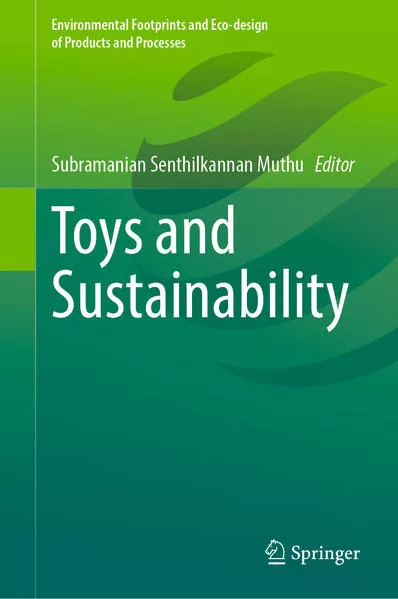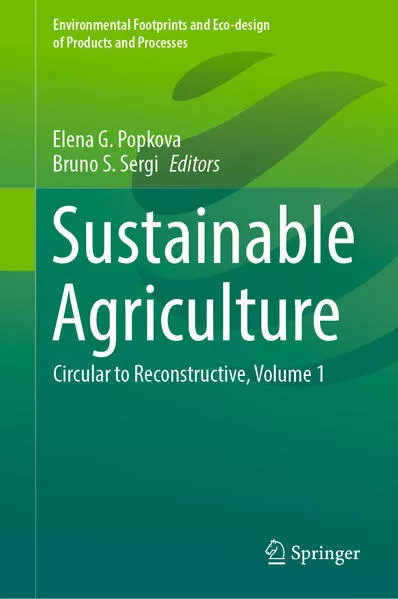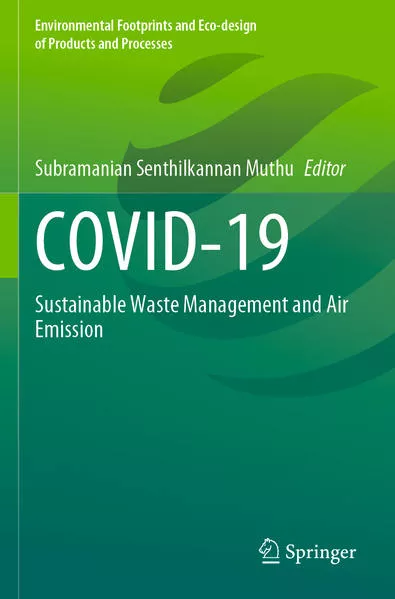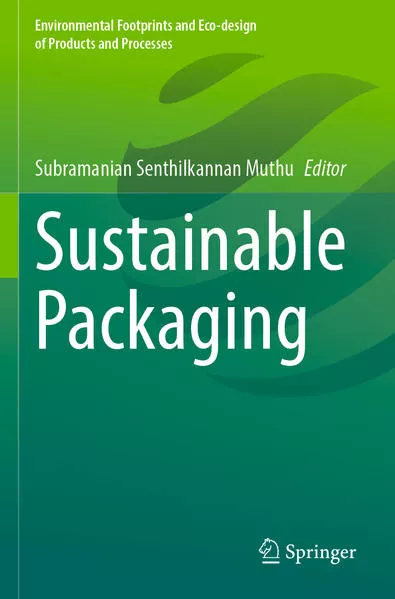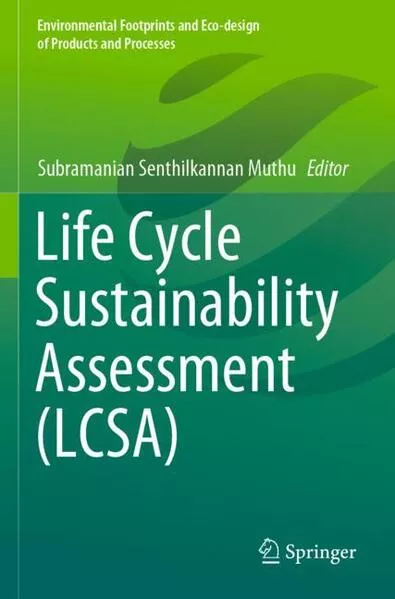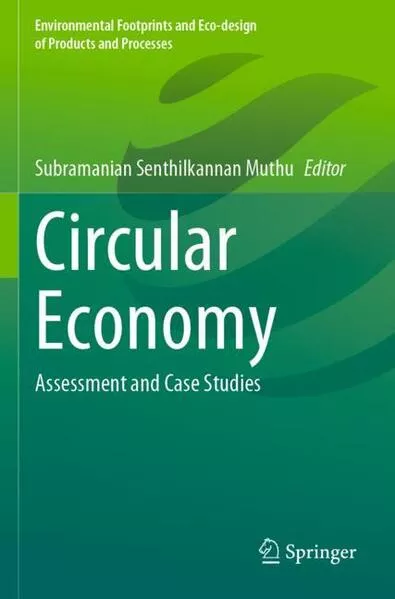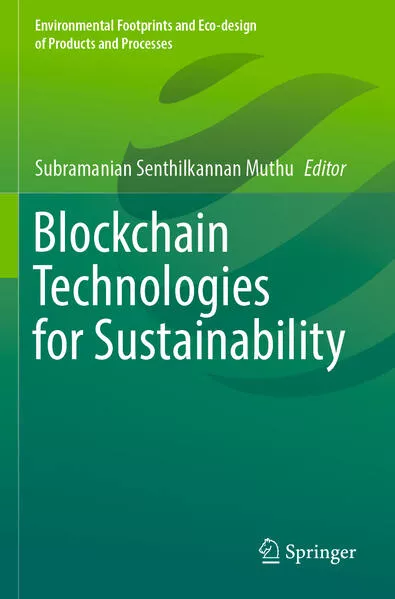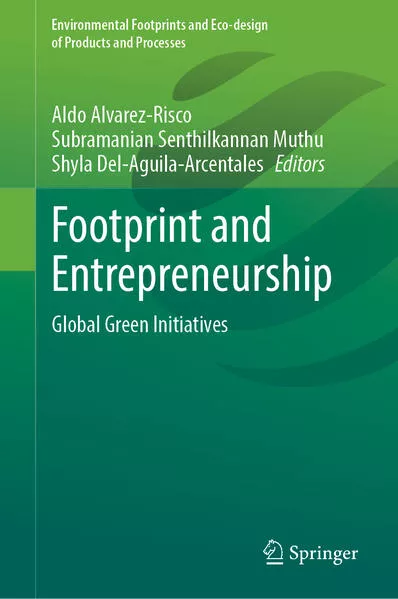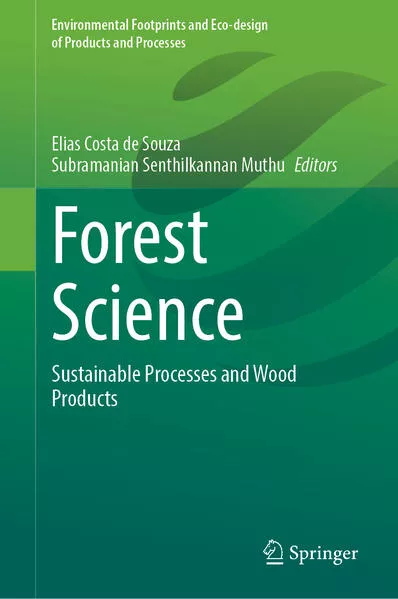Chronologie aller Bände (1 - 11)
Die Reihenfolge beginnt mit dem Buch "Toys and Sustainability". Wer alle Bücher der Reihe nach lesen möchte, sollte mit diesem Band von Subramanian Senthilkannan Muthu beginnen. Der zweite Teil der Reihe "COVID-19" ist am 29.08.2022 erschienen. Die Reihe umfasst derzeit 11 Bände. Der neueste Band trägt den Titel "Footprint and Entrepreneurship".
- Anzahl der Bewertungen für die gesamte Reihe: 1
- Ø Bewertung der Reihe: 4
- Start der Reihe: 17.02.2022
- Neueste Folge: 14.02.2024
Diese Reihenfolge enthält 4 unterschiedliche Autoren.
- Autor: Muthu, Subramanian Senthilkannan
- Anzahl Bewertungen: 0
- Ø Bewertung:
- Medium: Buch
- Veröffentlicht: 18.02.2022
- Genre: Politik
Toys and Sustainability
This book presents five interesting chapters dealing with the sustainability of toys. The concept of sustainability has reached all industrial sectors these days and being practiced in almost all the sectors. One of the main sectors where sustainability has to be embedded to the core is the toy sector. Needless to enumerate the importance of sustainability in this sector especially when it comes to usage of chemicals and so on. There are various elements associated with the sustainability of toys and there is a dearth of published literature on this subject.
- Autor: Popkova, Elena G.
- Anzahl Bewertungen: 0
- Ø Bewertung:
- Medium: Buch
- Veröffentlicht: 14.03.2022
- Genre: Politik
Sustainable Agriculture
This book highlights the environmental footprints and best practices in sustainable agriculture. This first volume includes forty-four interesting chapters that present agriculture in the light of food security, circular economy, sustainability, food exports and imports written by leading experts in the field. It provides and interesting read for researchers, policy makers and professionals in the area of agriculture and economy.
- Autor: Popkova, Elena G.
- Anzahl Bewertungen: 0
- Ø Bewertung:
- Medium: Buch
- Veröffentlicht: 03.06.2022
- Genre: Politik
Sustainable Agriculture
This book highlights the environmental footprints and best practices in sustainable agriculture. This second volume includes fifteen interesting chapters that present agriculture in the light of forest conservation, circular economy, climate change, sustainability, food security during pandemics and soil conservation, written by leading experts in the field. It provides and interesting read for researchers, policy makers and professionals in the area of agriculture and economy.
- Autor: Muthu, Subramanian Senthilkannan
- Anzahl Bewertungen: 0
- Ø Bewertung:
- Medium: Buch
- Veröffentlicht: 29.08.2022
- Genre: Politik
COVID-19
- Autor: Muthu, Subramanian Senthilkannan
- Anzahl Bewertungen: 0
- Ø Bewertung:
- Medium: Buch
- Veröffentlicht: 05.09.2022
- Genre: Politik
COVID-19
This book highlights the impact of COVID-19 on environmental sustainability and SDG’s, using various case studies. The year 2020 was a historical year mainly due to the pandemic caused by COVID-19 and it influenced or affected the global economy, business models and the industrial sectors, thus impacting sustainability in various ways. Given that sustainability has many faces and facets, it is worthwhile to deal with the relation (or impact) of COVID-19 on various elements of sustainability. This book presents how COVID-19 has influenced Environmental Sustainability along with the SDG’s.
- Autor: Muthu, Subramanian Senthilkannan
- Anzahl Bewertungen: 0
- Ø Bewertung:
- Medium: Buch
- Veröffentlicht: 09.09.2022
- Genre: Politik
Sustainable Packaging
Packaging plays a major role in the environmental footprints of products from any industrial sector, and thus is important to address the sustainability issues of packaging. Packaging and the packaging sector have to be eco-conscious as there are many types of packaging across various industrial sectors and so are their environmental impacts as well. Plastic packaging is one of the most common element and the packaging sector accounts for almost 40% of plastic pollution in the world. Sustainable packaging is the only way forward to alleviate the environmental devastations from the the packaging sector. This book presents case studies and discusses how to make packaging more sustainable for a better future.
- Autor: Muthu, Subramanian Senthilkannan
- Anzahl Bewertungen: 1
- Ø Bewertung: 4.0
- Medium: Buch
- Veröffentlicht: 23.09.2022
- Genre: Politik
Life Cycle Sustainability Assessment (LCSA)
- Autor: Muthu, Subramanian Senthilkannan
- Anzahl Bewertungen: 0
- Ø Bewertung:
- Medium: Buch
- Veröffentlicht: 29.09.2022
- Genre: Politik
Circular Economy
This book highlights the notion of Circular Economy under the umbrella of Sustainability because of the widespread momentum it is gaining. Today the whole world is certainly in emergent need of an alternative system to traditional economy which is linear, i.e. make, use and dispose to get rid-off the waste and very important to ensure continuous use of resources, which is possible by the advent of circular economy. A circular economy aims to utilize the resources in use for as long as possible, extract the maximum value from them during use, then recover and regenerate products and materials at the end of each service life vis-à-vis traditional linear model. This book discusses circular economy in terms of assessment with various case studies.
- Autor: Muthu, Subramanian Senthilkannan
- Anzahl Bewertungen: 0
- Ø Bewertung:
- Medium: Buch
- Veröffentlicht: 26.10.2022
- Genre: Politik
Blockchain Technologies for Sustainability
- Autor: Alvarez-Risco, Aldo
- Anzahl Bewertungen: 0
- Ø Bewertung:
- Medium: Buch
- Veröffentlicht: 03.03.2023
- Genre: Politik
Footprint and Entrepreneurship
This book highlights the relevant and timely global change movement: green entrepreneurship. Presented in this book is relevant literature and academic knowledge. The book is expected to support in creating more green entrepreneurship initiatives in collaboration with the UN Sustainable Development Goals.
- Autor: de Souza, Elias Costa
- Anzahl Bewertungen: 0
- Ø Bewertung:
- Medium: Buch
- Veröffentlicht: 13.08.2023
- Genre: Politik
Forest Science
Allied to ecological sustainability studies that evaluate the technical and economic feasibility of such activities arise. With this book, the authors through the approach of other products and processes of forest science, present the practical vision of aligning production with sustainability in an economically viable way. The book analyses different products and processes, ranging from technological production of engineered wood products to handcrafted resins with a high commercial appeal. With the expertise of different authors, who are researchers in various specific areas of forest sciences, this book helps expand research and presents new insights, assisting industry decision-makers and researchers working in the areas forest sciences.
